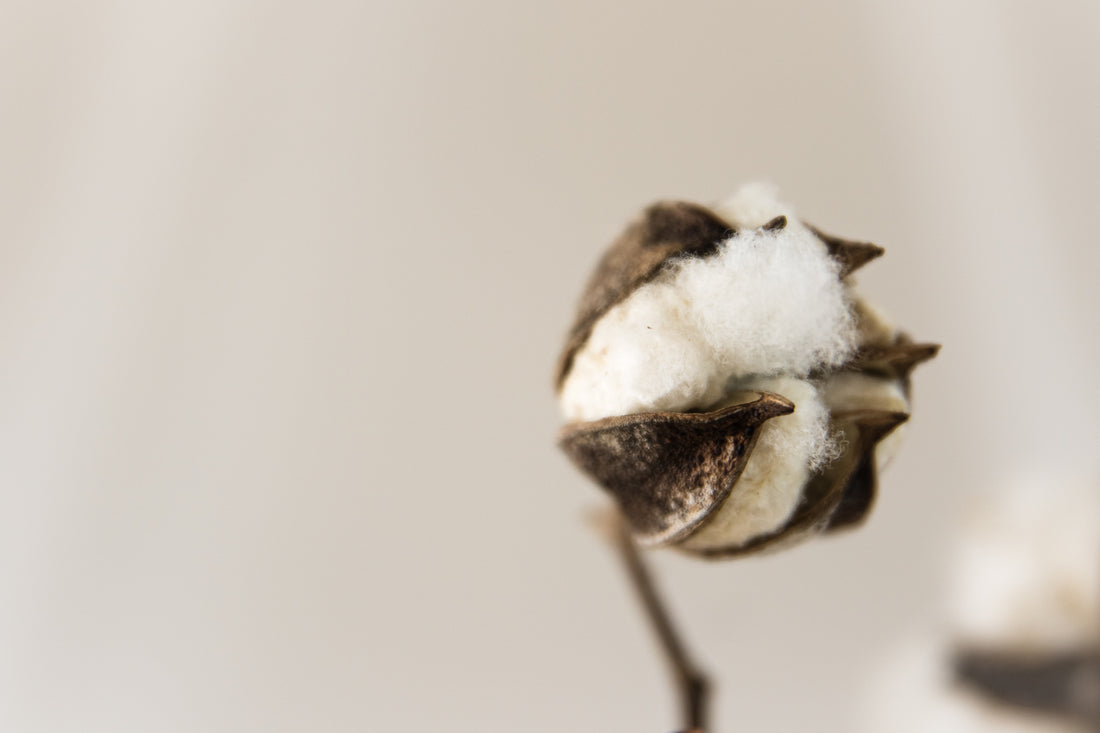
Cotton and its Medical Value
Share
Few people are aware of the medicinal properties of „common“cotton
We generally notice the cotton plant only while buying clothes. How many of us know that cotton has more uses than just producing fabric?
Cotton, popularly known as kapas in Hindi and karpasa in Sanskrit, is well known in Ayurveda for its medicinal properties for more than thousand years.
Cotton seeds, the seed oil root and bark of the plant are used in various medicinal preparations in Ayurveda. Cotton seed as well as its roots contain key chemical compounds such as salicylic acid (which is used in drugs to arrest skin inflammation and help shed dead cells from the top skin layer), fatty acids, and betaine (that helps in cellular reproduction and liver function). Cotton seeds are an excellent aphrodisiac and nerve tonic.
Validation of Masters
Acharya Charaka categorises cotton plant under strength-promoting group of herbs, while Acharya Sushruta considers cotton essentially as part of herbs that help to contain the vata dosha in the body. The root bark of cotton plants is light to digest and pungent in taste, along with hot potency (ushna). The cotton seed is oily, unctuous and undergoes sweet taste after digestion. The seed is described as vata-nasini, useful in treating disorders arising from vata dosha, such as constipation, bloating and paralysis. Cotton seed is a coolant and is an aphrodisiac, improving the reproductive vigour of the person. The paste made from cotton seed is applied externally to treat inflammation, pain, poisonous bites, wounds and ulcers.
The root, flower and seed of the cotton plant are used in medicinal preparations.
Notable Medicines
There are several Ayurvedic medicines with cotton seed as the main ingredient. Among them, Karpasasthyadi Thailam is notable as the oil used as an effective remedy for rheumatic conditions such as facial palsy, shoulder pain, spondylosis and other neuro-muscular conditions arising from vata imbalance. Makaradwaj, a juice extracted from the root of cotton plant, is another Ayurvedic medicine which is used as anti-aging and for treatment of impotence. It is also used for chronic skin conditions and lung conditions such as pneumonia and tuberculosis. Collyrium, or the medicinal eyewash, prepared from the Juices of cotton plant fruit, jamun seeds and mango mixed with honey, is applied to the eyes of a patient suffering from eye discharges (netra srava).
Cottonseed meal, which is the by-product remaining after the cotton is ginned, seeds crushed and oil extracted, is sweet in taste and cold in potency. It is used as a vata-pitta balancing product for consumption. Cotton plants are usually safe for consumption, but the root bark decoctions are advised against during pregnancy, as they can contract the uterus.
However, it can be consumed by lactating mothers or children. People with kidney problems are also advised to avoid consuming cotton seeds or root bark.
Consumption of cotton in the correct proportion and method can yield numerous health benefits to the body.
- Dr. Janardham Hebbar
